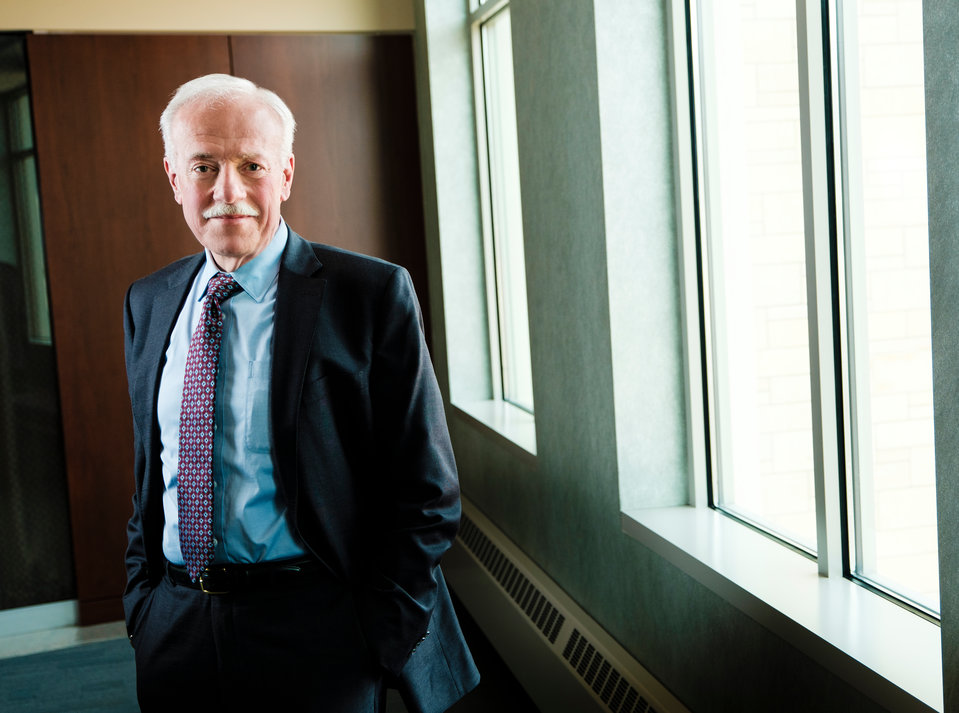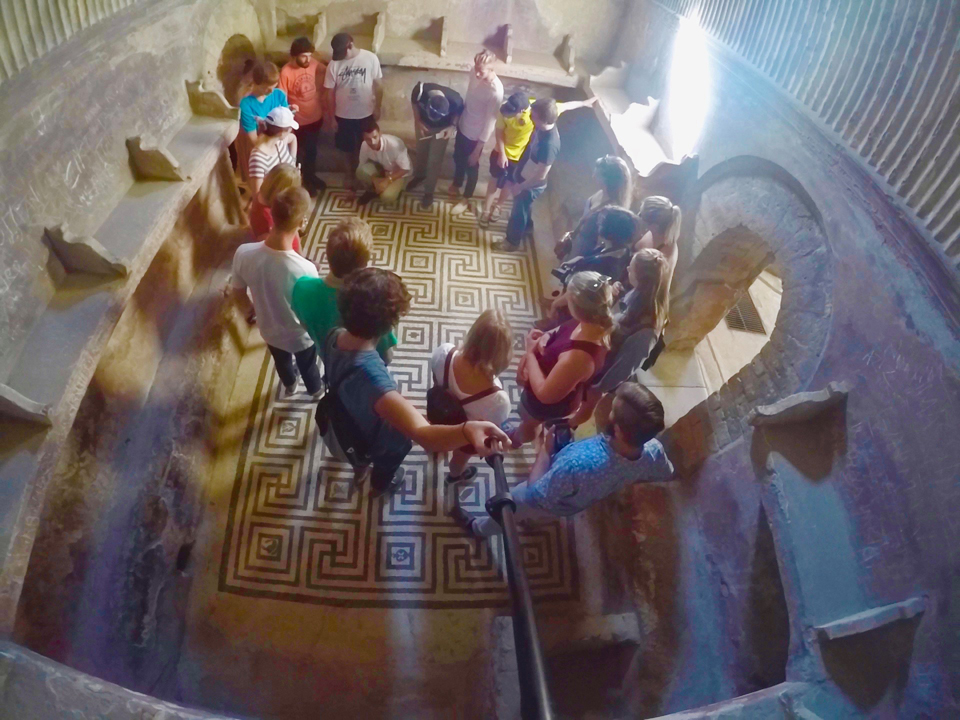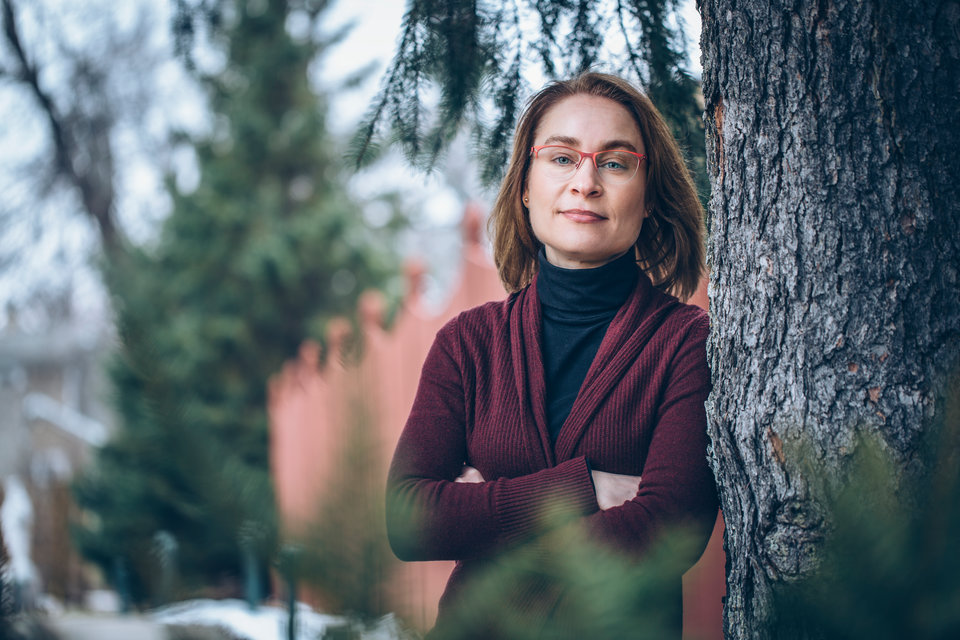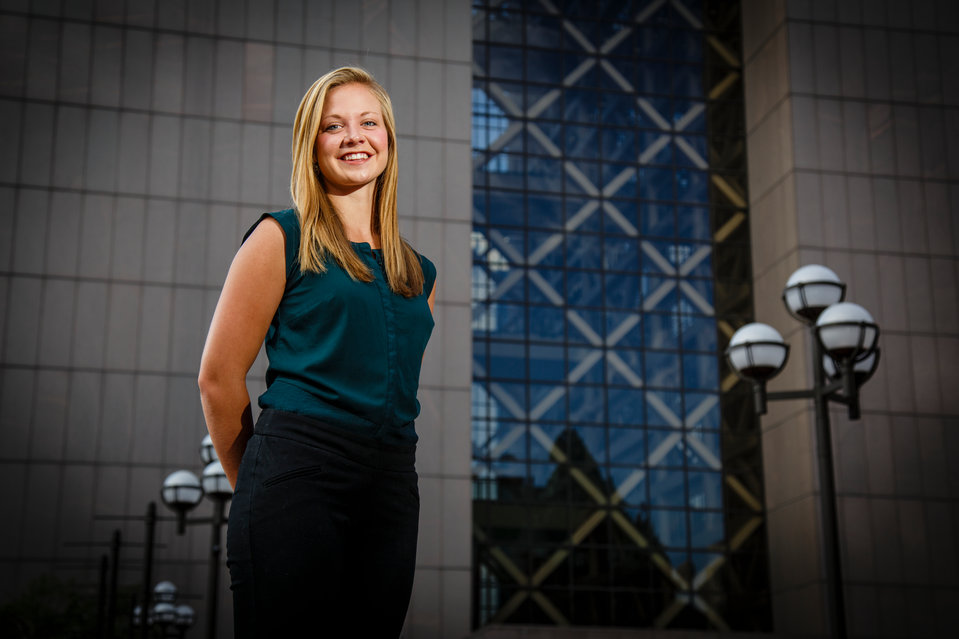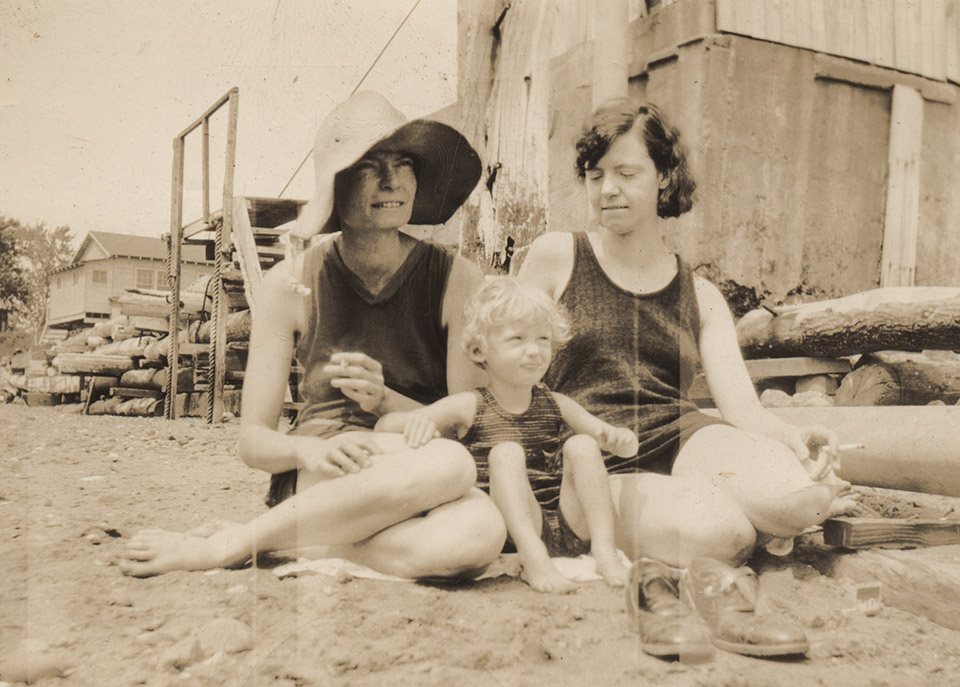Dr. Thomas Flynn is an oncologist and hematologist whose professional career has primarily been in private practice as a partner with Minnesota Oncology. Flynn earned his bachelor’s degree in chemistry from the University of St. Thomas and his M.D. from University of Minnesota – Twin Cities. He completed a residency in internal medicine at Washington University-Barnes Hospital in St. Louis, and a fellowship in Hematology and Oncology at the University of Minnesota. Recently, we had the pleasure to sit and chat with Flynn about his time at St. Thomas, his philanthropic activities and his involvement on the CAS Advisory Board.
What stimulated your interest in medicine and drew you to St. Thomas?
I grew up in Hibbing, Minnesota, and developed an interest in medicine from a very early age, perhaps as early as fourth grade. I learned of St. Thomas from my conversations with the late Dr. Don Nollet, a pathologist in Hibbing who was an alumnus of and strong advocate for the College of St. Thomas. When it came time to go to college, I wanted to stay in the upper Midwest and was attracted to the strong science program at St. Thomas, and in particular the study of chemistry as a pathway to becoming a physician. I did have the option of attending other universities, but the strong sense of community amongst the students and faculty, along with the high medical school acceptance rate of its premed students, made St. Thomas my first choice. I was fortunate to receive an academic scholarship. I suspect I would have had a very different experience had I gone elsewhere, and I am very thankful for the opportunities the scholarship offered to find and pursue my career. This type of support can be very impactful for a student, as it was for me, by providing additional time that they can dedicate to studying, volunteering and career exploration. I am very fortunate now to be in a position to donate a scholarship and give to someone entering St. Thomas the same opportunity that I had.
What were your academic interests while you were at St. Thomas?
I found the liberal arts background I received to be broadly impactful for critical thinking, to help me understand other people and to learn what is important to them. This has served me well in relating to the patients I have been privileged to serve. In addition to excellent training in chemistry and biology, I recall a world history course and an introduction to law course that were particularly engaging. The core liberal arts gave me a strong sense of connection to St. Thomas and well prepared me for medical school.
Was there a path you would have followed if you had not chosen medicine?
My “plan B” was to go into music. I really enjoyed playing the trumpet; however, I also knew that many musicians, no matter how accomplished, have to eke out an existence. I did play for part of my freshman year but I soon decided to set the trumpet aside so I could dedicate more time to premedical studies.
I recall a conversation with Bill Larson, with whom I had developed a close relationship, in the Chemistry Department regarding where to go for medical school. Though he never said I should do this or that, I came away from our discussion knowing exactly what I wanted to do.
And for the record, I’ve begun playing the trumpet again.
What service organizations have you been involved with?
I have served on the board and raised funds for the Angel Foundation, which grew out of Minnesota Oncology. The foundation provides support for families dealing with cancer. The Emergency Financial Assistance program provides funds for non-medical costs so a patient isn’t made to choose between paying for treatment and putting food on the table. We also raise funds to support the foundation’s “Facing Cancer Together” program to help children cope with a parent going through treatment.
Recently I’ve been heavily involved with the Foundation for Cancer Care in Tanzania, and I am the current chair of the foundation’s board. Our mission is to increase access and treatment opportunities for the people of northern Tanzania. There are huge challenges for the majority of Tanzanians to receive cancer treatment, as there were only two treatment centers to serve a population of nearly 50 million people. We have raised funds to build the Cancer Care Center attached to the Kilimanjaro Christian Medical Center. The clinic opened in December 2016 and treated more than 150 patients in its first few months of service. We are raising funds now for a hostel to house patients and families, a radiation treatment center and an inpatient wing.
What is your perspective of UST as a member of the CAS Advisory Board?
Niels Sorensen ’70, a fellow St. Thomas chemistry alumnus, encouraged me to join the CAS Advisory Board as a member with a science background. I have found the board to be a great vehicle for communication between the college, alumni and the community. It’s nice to hear what’s happening at the college, and we are able to provide guidance and a perspective from outside the university. It was particularly interesting to be involved with the rebranding process and serve as a sounding board. I find the statement “all for the common good” inspiring. Being involved with the CAS Advisory Board has sparked my interest in the pre-health programs and reminded me of the critical role a St. Thomas education played in my development as a physician. I feel an obligation to give back by providing guidance to current students and will encourage fellow physician alumni to also get involved.
Read more from CAS Spotlight.
